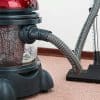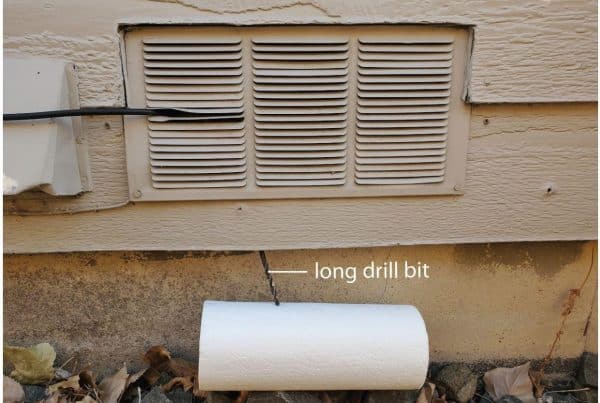Plumbers, contractors, handymen, and seasoned homeowners can all attest to the importance of taking water damage seriously. If you see signs of water where it shouldn’t be, or any water damage, it’s vital to take action immediately. But what is it that makes water damage so dangerous and destructive to a home?
The Dangers of Water Damage
These are just some of the most significant dangers associated with water damage.
· Contaminated water. Sometimes, water issues result from “clear water” – the typical potable water that comes from your faucet. If the damage is caused by a leaky sink or a broken pipe, you’ll be dealing with clear water. However, you might also be dealing with contaminated water in the form of “grey water” or “black water.” Grey water is literally grey in color and may have harmful bacteria or pathogens that can make you ill. Black water is significantly darker and is likely filled with pathogens, microbes, chemicals, and other harmful materials; it usually comes from a sewer backup and is considered highly dangerous to human health. If you notice that your issue is caused by grey water or black water, it’s important to contact a professional right away, rather than attempting to deal with the problem on your own.
· Structural damage. Water may not seem like it’s very powerful, but it’s capable of completely destroying your home if it finds its way into the right spaces. When wood and other organic materials are saturated with water, they become susceptible to rot and deterioration. If you don’t attempt to treat these issues immediately, the lingering moisture can undermine the structural integrity of your entire home. In extreme cases, it can render the building unsafe to occupy or rack up tens of thousands of dollars in damages.
· Mold and mildew. Even if the structural integrity of your home is left intact, the lingering moisture can promote the growth of mold and mildew. Some species of mold and mildew are harmless to some individuals, but as these problems grow more severe, their likelihood of influencing the health of the people living in your house increases. If you or someone in your house is sensitive to mold or mildew, this can become a big problem fast – and certain types of mold can be devastating to your health.
· Pests. Lingering moisture also has a tendency to attract pests, like cockroaches. Many of these small animals are harmless in the straightforward sense, but a pest infestation can lead to negative health repercussions and structural damage over time.
· Shock risks. If your home is flooded, with standing water, the water becomes a shock risk. You may or may not be able to see what’s in the water, so if you enter the water without proper precautions, you could be seriously injured or killed.
· Visible and invisible effects. It’s also important to note that water damage can be insidious. It’s possible for your roof to leak without you even realizing it. If you notice any visible water damage at all, it could be a sign that there’s much, much more water damage on the inside of the house.
What to Do If You Spot Water Damage
So what should you do if you spot any signs of water damage in your home?
· Investigate the issue. First, take a moment to investigate the issue and see if you can figure out what the root cause of the problem is. For example, if you notice water in your attic, you might deduce that something is wrong with the roof; depending on your level of comfort and familiarity, it may be prudent to climb on top of the roof and see if you can figure out what’s wrong. If the fix is easy, you might be able to handle it yourself.
· Mitigate further damage. Next, your goal is to mitigate further damage. The best way to do this is usually turning off the water main (if the problem is related to your plumbing and if it is safe to do so).
· Contact a professional. After that, call a professional plumber and/or water damage specialist to address the issue. They’ll be able to help you figure out what’s going on, apply a fix, and help you start remediating the damage.
· Clean up quickly. Whether you hire a professional or not, once the issue is resolved, you need to work on cleaning up quickly. A shop vac, towels, dehumidifiers, and fans can expedite your work.
Water can be incredibly destructive, but water damage related issues are also somewhat easy to prevent. Inspect your roof regularly, conduct scheduled maintenance on your home, and always be on the lookout for any signs of leaks or water damage so you can take action immediately. The faster you act, the less damage the water can do.








